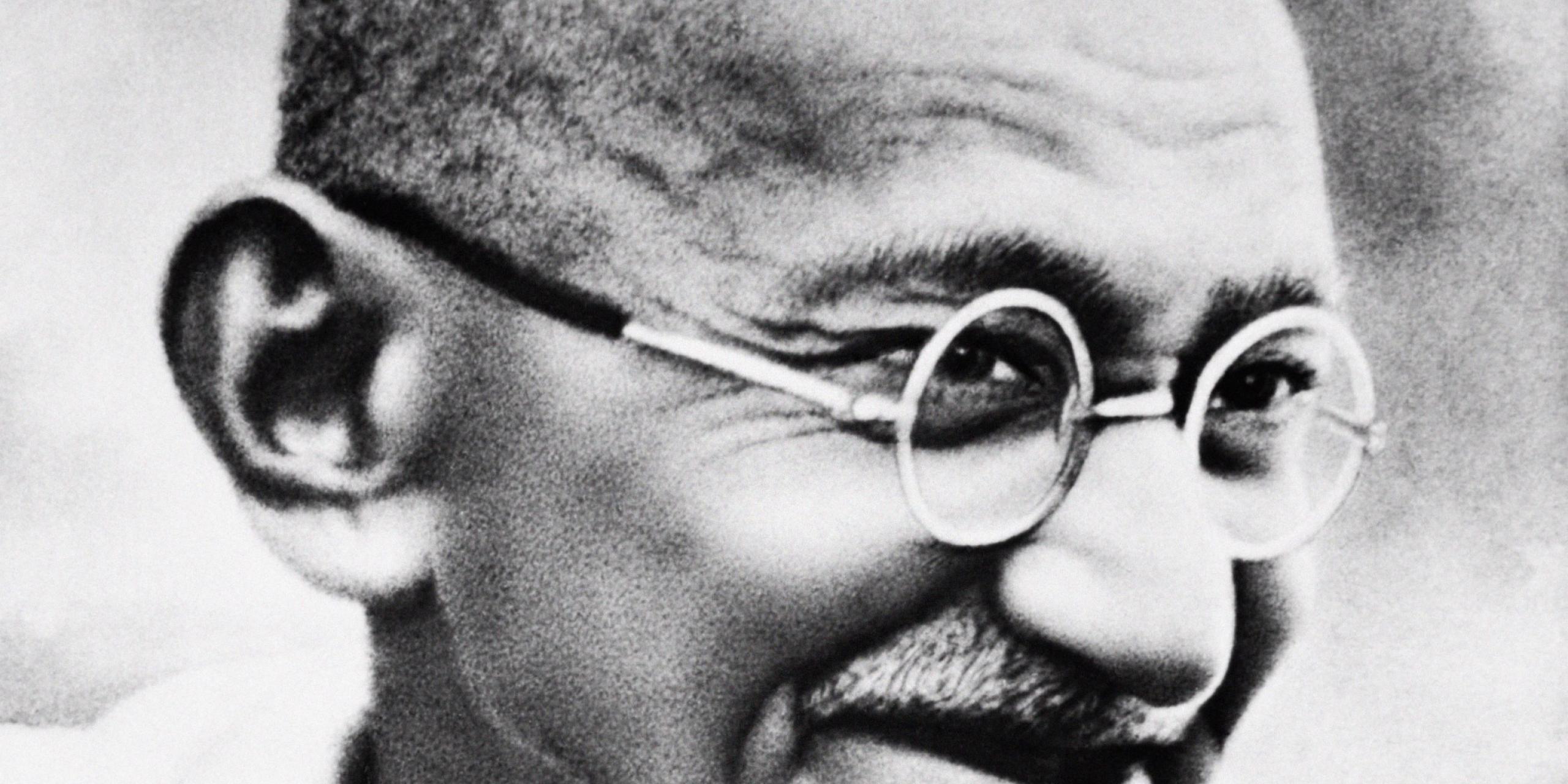
The dispute about the world’s foremost peace prize
The Nobel Peace Prize – awarded for outstanding contributions to peace - is almost as explosive as the dynamite, to which it owes part of its financial foundation. Each year, the world community awaits with excitement the announcement of recipients on 10 December in Oslo. And each year it leads to fierce political debate. Because, when it comes to this prize, the issue of who did not win it is just as interesting as who did. Mahatma Gandhi and the Dalai Lama for instance. One of them never won the prize.
The Nobel Peace Prize is one of the five Nobel Prizes created by the Swedish industrialist, inventor and armaments manufacturer, Alfred Nobel. Since 1901, it has been awarded annually in December to those who have “done the most, or the best work for fraternity between nations, for the abolition or reduction of standing armies and for the holding and promotion of peace congresses“.
In accordance with Alfred Nobel’s will, the recipient is selected by the Norwegian Nobel Committee, a five-member committee appointed by the Parliament of Norway. Nobel died in 1896, and no one really knows why he chose peace as a prize category. As a chemical engineer, the categories for chemistry and physics were obvious choices.
The reasoning behind the peace prize is less clear, but an adjacent explanation might come from his friendship with Bertha von Suttner, a peace activist and later recipient of the prize, who must have discussed the issue of the fact that his inventions were widely used in war. Dynamite and ballistite were both used violently during his lifetime.
Guess who never won the Nobel Peace Prize.
Due to its political nature, the Nobel Peace Prize has always been the subject of controversies. In 2006, the former director of the Nobel Institute, Geir Lundestad, said the greatest omission in the prize’s history was never awarding the peace prize to the Indian political activist, Mahatma Gandhi.
According to Lundestad, Gandhi was shortlisted five times (twice before World War II, then in 1946, 1947 and 1948), but the committee’s Euro-centric viewpoint and its failure to appreciate the struggle for freedom in colonies kept Gandhi from receiving the award.
“Gandhi could do without the Nobel Peace Prize. The question is whether the Nobel committee can do without Gandhi”
A little more info
- The first woman to receive a Nobel Prize was Marie Curie, who in 1903 was awarded the Nobel Prize in Physics. She is also the only woman to have been awarded two prizes, as in 1911 she was awarded the Nobel Prize in Chemistry. See the full list of recipients here.
- Offical website: Nobel Prize.
- Norway is dedicated to peace and reconciliation. This is written into the country’s official policy. Read more



